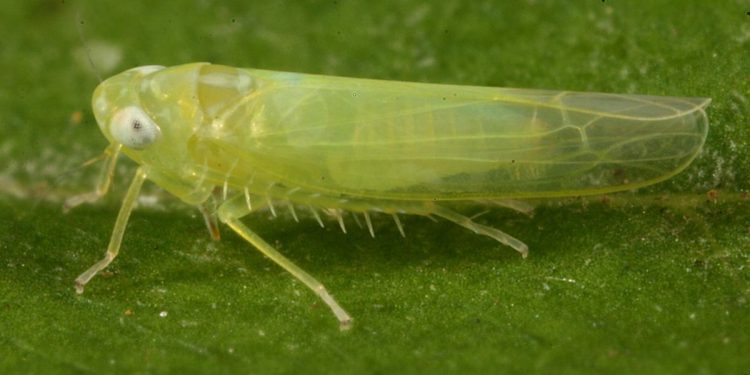#ProtectYourCrops #EmpoascaFabae #PotatoLeafhopper #IntegratedPestManagement #CropRotation #Insecticides #PesticideResistant #BiologicalControlAgents
Empoasca fabae, also known as the potato leafhopper, is a small insect that feeds on the sap of various plants, including alfalfa, apples, beans, and potatoes. These infestations can cause severe damage to crops, leading to significant losses for farmers and food shortages for consumers. As such, it is essential to understand the effects of Empoasca fabae infestations and take measures to prevent and combat them.
Empoasca fabae infestations can cause stunted plant growth, reduced yield, and even death of plants. The insect injects a toxin into the plant while feeding, leading to yellowing and browning of leaves, curling, and necrosis. The damage can be so severe that entire crops may need to be destroyed, resulting in significant financial losses for farmers.
To combat Empoasca fabae infestations, farmers can use various integrated pest management techniques, including crop rotation, timely harvesting, and the use of insecticides. Insecticides are the most effective control method, but their use should be done judiciously to prevent the development of pesticide-resistant strains of the insect.
The development of resistant strains would be disastrous, as it would render current control measures ineffective, leading to a surge in Empoasca fabae populations and the destruction of crops. Thus, farmers should take a holistic approach to pest management, including the use of natural predators and biological control agents, to minimize reliance on pesticides and prevent the development of resistance.
In conclusion, Empoasca fabae infestations can have severe consequences on crop production, leading to financial losses for farmers and food shortages for consumers. However, by using integrated pest management techniques and taking a holistic approach to pest control, farmers can prevent and combat these infestations effectively.







